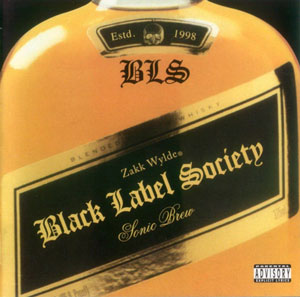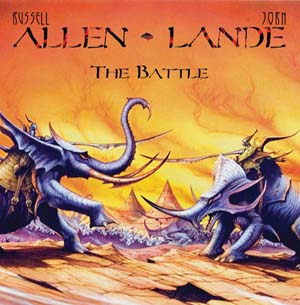Stiff Little Fingers are a punk rock band from Belfast in Northern Ireland. They formed in 1977 at the height of the Troubles, the conflict that scarred Ireland and Northern Ireland for 30 years. They had started out as a school band called Highway Star (named after the Deep Purple song), doing rock covers, until they discovered punk, which was brought to the band by guitarist Henry Cluney, and which was then taken on board by the rest of the band.
Prior to becoming Stiff Little Fingers, the lineup of Highway Star consisted of lead vocalist and guitarist Jake Burns, guitarist and vocalist, Henry Cluney, bass guitarist Gordon Blair, and drummer Brian Faloon, Blair soon departed and Ali McMordie took over on bass. With the decision to move in a more punk direction, they decided that Highway Star was not a punk enough name, and instead decided to call themselves Stiff Little Fingers, after a song by The Vibrators. The band, and especially lead singer and main songwriter Jake Burns, were heavily influenced by The Clash. He was quoted as saying "What the Clash's first album did more than anything else was give me the confidence, through its lyrical subject matter, to realise it was OK to write about my own life and experiences". The group started to write songs about growing up in the political situation they found themselves in during late 1970s Northern Ireland.
Along with writing their own songs, Jake made an acquaintance in journalist Gordon Ogilvie, who became a collaborating partner lyrically with the band in their early songwriting sessions. Despite the decision to utilise the times they were living in as a means to compose songs, less than half of the album actually addresses Northern Ireland and the political situation directly. Jake was quoted after the release of the album, "Everybody refers to it as "the Irish record" but I always say to go and look at the tracks and there's probably 4 out of 13 that refer specifically to Northern Ireland. The rest of it is ... just disaffected teenagers kicking against the world"
Whether or not a majority of the songs use the conflict in and around Northern Ireland as their basis, the subject matter covered is as confronting in this way lyrically as many of the best punk songs try to be. "Suspect Device" is a terrific opening track, and still one of their best ever, if not their best. It combines everything that is great about the band - angry spitting lyrics from Jake Burns, that real punk guitar sound and riffing from Henry Cluny and terrific rhythm section from Ali McMordie on bass and Brian Faloon on drums. It is raw and aggressive and leaves you in no doubt to their emotions. Great stuff. This is followed by the less agro "State of Emergency" before the short, sharp retort of "Here We Are Nowhere".
"Wasted Life" is another the band's best known songs, a terrific track focused on anti-government and anti-war themes. This was no doubt an anthem for many young people in Northern Ireland at the time, and again Burns' vocals leave you in doubt about what the band thinks of it all. "No More of That" follows, and is of the same theme, in a shorter and punchier style.
Okay, so the next song is "Barbed Wire Love", for which I have very mixed emotions. Punk music has always drawn on several other genres of music to incorporate into its style, the biggest being reggae. But here Stiff Little Fingers has brought in an almost 1950's 'slow dance' feel to the middle stanza of the song as Burns croons "All we neeeeed, is Barbed Wire Loooooove". It's a clever song of mixed metaphor lyrics as well as music, and I still love this song despite never really knowing why. It was a brave move at the time to record a song like this, given it could have (in their own words) blown up in their face. Instead, it has become a fan favourite in the decades since its release.
"White Noise" is perhaps not politically correct in this day and age, but is indicative of the anger that was being felt at the time it was written. "Breakout", to my mind (and it's only my opinion) seems to be written about the band itself, wanting to break out of the lives they are living, and try and find a better life by the 'success' of the band. Lyrically it could equally be about general life in Northern Ireland at the time, but to me the lyrics seem to be a bit more personal. "Law and Order" spits viciously about the treatment of locals by the 'authorities', while "Rough Trade" is belligerent on how they see the dishonesty of the music industry.
Perhaps the most surprising song on the album is the extended cover version of Bob Marley's "Johnny Was". It is surprising to me, I should say, because although punk does seem to have some roots in reggae, this version successfully seems to siphon most of the reggae sound out of the song, and while it sticks closely to the natural speed of the original version rather than a faster paced full-on punk version, it still fits into the framework of the album thanks to Burns' wailing vocals. Changing the lyrics slightly in order to have it placed in Northern Island is also a winner.
"Alternative Ulster" is the other great song on this album, against shouting to the masses in wanting a change in what is happening, and while it certainly is about their native Ulster, it could translate very easily to anywhere in the world that felt under the same pressure. It has references to "You got the Army on the street, and the RUC dog of repression is barking at your feet", yet is mainly about being a bored teenager in the late 1970s. All of this is framed up nicely, before "Closed Groove" completes what is a very impressive debut effort.
The band had signed a contract with Island Records, but it fell through, leaving the group to release the album on Rough Trade. Despite the album's independent release, it reached number 14 in the UK Albums Chart selling over 100,000 copies and was the first independent album to chart in the UK.
I have loved this album from the moment I first heard it in its entirety. It may not be perfect, but its slight flaws are not hugely noticeable ones, and as a punk record I find it more entertaining and listenable that almost all others of the genre. The songs are angry, but catchy. You don't have to have grown up in Northern Ireland to feel the aggression and accountability that the band has weaved into the songs here. This stands as a monument to the punk era, and is still a great listen today.
I was not quite in a position to be in and around the punk scene when it was at the height of its power. Indeed I wasn’t even a teenager by the time that era had burned through its bright light, My first exposure to punk was in the mid-1980's as my friends and I began to gain the experience of those around us in regard to music. A mixed tape full of the best punk bands and songs that came from the older brother of one of my school friends was where I first heard Stiff Little Fingers at a high school camp in 1985, a cassette that I played to death until its untimely demise through disintegration. And while by this time I had heard The Clash and The Ramones to a certain degree, this cassette was a godsend. and from that point I started collating those bands that it held. Stiff Little Fingers was one of the first of those bands that I found their albums, the four of them in fact that they had recorded and release prior to the band’s initial break up in 1982. At the time I discovered the band they were still broken up, and I guessed I would never get the chance to see them live. This proved to be incorrect.
Of all their albums, this is my favorite. It’s the one where I feel they are at their angriest, at their furious best, shaking their fist and middle fingers at the world and doing what the best punk music does. Whenever I put the album on, it still brings forth a feeling of ‘us against the world’, that I am again the youth, fighting against authority. Indeed, songs such as “Suspect Device” and “Alternative Ulster” still send shivers down my back listening to a young Jake Burns braying out those lyrics, and me alongside him doing the same thing.
“Inflammable Material” is the band’s debut album, and is arguably their finest work. Fuelled by their youth and their anger and any number of other influences, the majority of this album is exactly as it should be, and though there are a couple of hiccups thrown in for good measure, in the long run this still stands up as well today as it did back when it was released all those years ago.
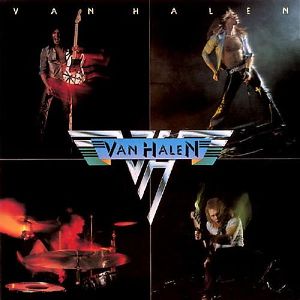







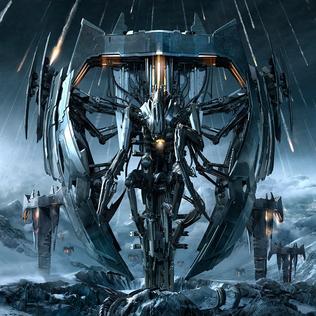
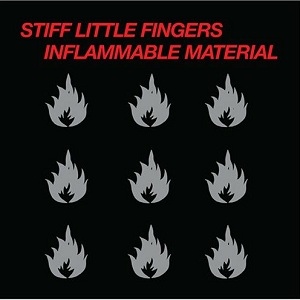


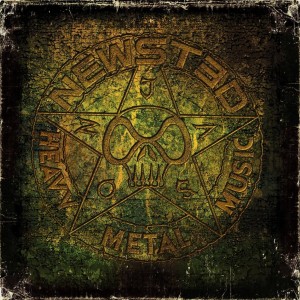

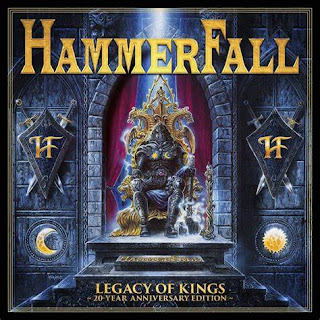
.jpeg)
